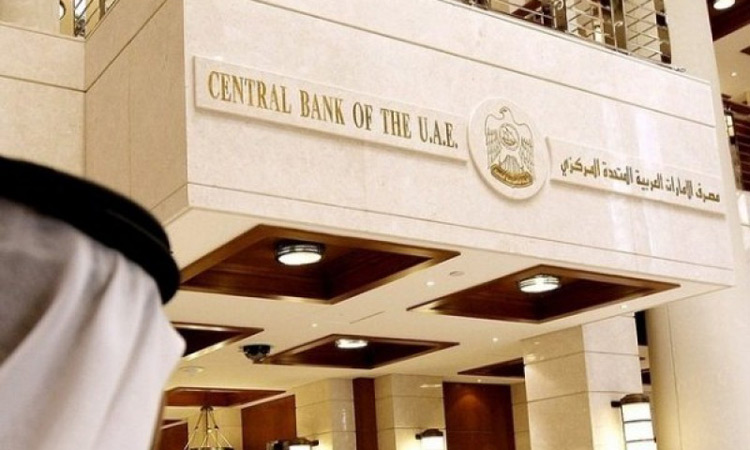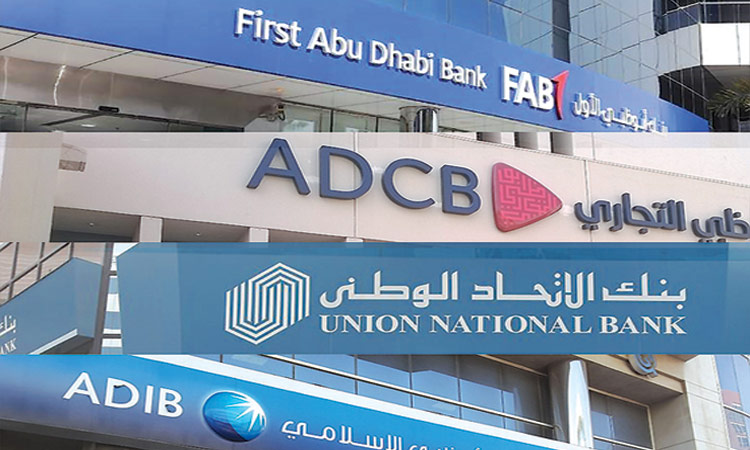UAE Central Bank launches intraday liquidity facility

Picture used for illustrative purpose.
The Central Bank of the UAE (CBUAE) announced on Thursday that, effective April 21, 2021, a new liquidity management facility (ILF) will be introduced as part of the implementation plan of the new Dirham Monetary Framework.
The objective of the facility is to provide eligible counterparties - participants in the UAE Funds Transfer System - access to Dhs funding from the CBUAE on an intraday basis, to ensure that payments are settled on a real-time basis.
To obtain intraday funds from the CBUAE, participants in the UAE Funds Transfer System are required to submit eligible collateral, as per the requirements set out in the terms and conditions of the new facility.
The ILF will be offered at zero-cost in order to incentivise Eligible Counterparties to repay borrowed funds by the designated cut-off time at the end of each business day.
Commenting on the launch of the ILF, Khaled Mohamed Balama, Governor of the Central Bank of the UAE, stated, “The launch of the Monetary Bills programme earlier this year, along with the existing Islamic Certificates of Deposits programme, facilitates the development of this innovative facility.
I am confident that the financial markets infrastructure deployed for this facility will not only enable licensed financial institutions to mitigate intraday liquidity risks when there are timing mismatches between their daily inflows and outflows, but also help increasing efficiency of payments through the UAE Funds Transfer System.”
The Board of Directors of the Central Bank of the UAE (CBUAE) held its regular meeting on Wednesday at Qasr Al Watan, chaired by Sheikh Mansour Bin Zayed Al Nahyan, Deputy Prime Minister, Minister of Presidential Affairs and Chairman of the Board of Directors (BoD) of the Central Bank.
The meeting, which was attended by Abdulrahman Saleh Al Saleh, Vice Chairman of the Board of Directors and Governor of the Central Bank, along with the board’s members, discussed several issues listed on its agenda, most notably a document presented by the Banking Supervision and Examination Department that included suggestions on the financial policies and activities related to the licencing of financial institutions, as well as a document on the enforcement measures against facilities that violate the Central Bank’s policies and instructions.
The CBUAE also approved various requests from national banks and financial institutions and issues a licence to establish a specialist bank operating according to a low-risk system.
The meeting’s participants reviewed the bank’s Targeted Economic Support Scheme (TESS) and its role in mitigating the financial and economic repercussions of the coronavirus (COVID-19) pandemic. The meeting also issued a decision to extend the Dhs50 billion ZERO cost funding support facility provided to banks and financial companies until the end of 2021.
The members of the board then approved the third and latest issuance of the country’s banknotes, in line with the preparations for the “Year of the 50th.” The new banknotes will have security marks that meet international standards.
Earlier the Central Bank of the UAE (CBUAE) has announced the issuance of a Small to Medium Sized Enterprises (SMEs) Market Conduct Regulation to promote best practices among licensed financial institutions (LFIs) when engaging with SMEs.
The objective of the regulation is to enhance SMEs’ access to financial products and services. CBUAE’s introduction of this regulation follows the launch of its new Financial Consumer Protection Regulatory Framework.
The regulation advances the CBUAE regulatory agenda by setting standards of market conduct of LFIs; strengthens governance over the design, promotion and sale of financial products and services, and promotes responsible financing practices. In addition, it provides SMEs with access to timely and accurate information to make informed decisions, implements clear mechanisms for redress of complaints by SMEs, and requires appropriate debt counseling.
Furthermore, LFIs are required to ensure that the opening of a bank account for an SME should be completed within three business days, provided that LFIs undertake appropriate due diligence related to financial crime compliance and that SME presents a low risk of money laundering or terrorism financing. The regulation also requires LFIs to establish an independent and effective complaints management function to ensure fairness, transparency, and neutrality in resolving complaints.
Abdulhamid M. Saeed Alahmadi, Governor of the Central Bank of the UAE, said, “SMEs play a vital role in the UAE’s economy. The UAE government has placed considerable emphasis on developing the SME ecosystem and removing obstacles for a transparent, entrepreneurial, and innovative SME sector in the UAE, which has good access to various financial sources. “To sustain this momentum, the CBUAE aims to ensure that SMEs enjoy the highest business standard when interacting with licensed financial institutions, in line with our new consumer protection mandate. We are confident that this regulation will facilitate the provision of best-in-class products and services to SMEs.”
Earlier the Central Bank of the UAE (CBUAE) has announced the issuance of a Small to Medium Sized Enterprises (SMEs) Market Conduct Regulation to promote best practices among licensed financial institutions (LFIs) when engaging with SMEs.
The objective of the regulation is to enhance SMEs’ access to financial products and services. CBUAE’s introduction of this regulation follows the launch of its new Financial Consumer Protection Regulatory Framework.
The regulation advances the CBUAE regulatory agenda by setting standards of market conduct of LFIs; strengthens governance over the design, promotion and sale of financial products and services, and promotes responsible financing practices.






